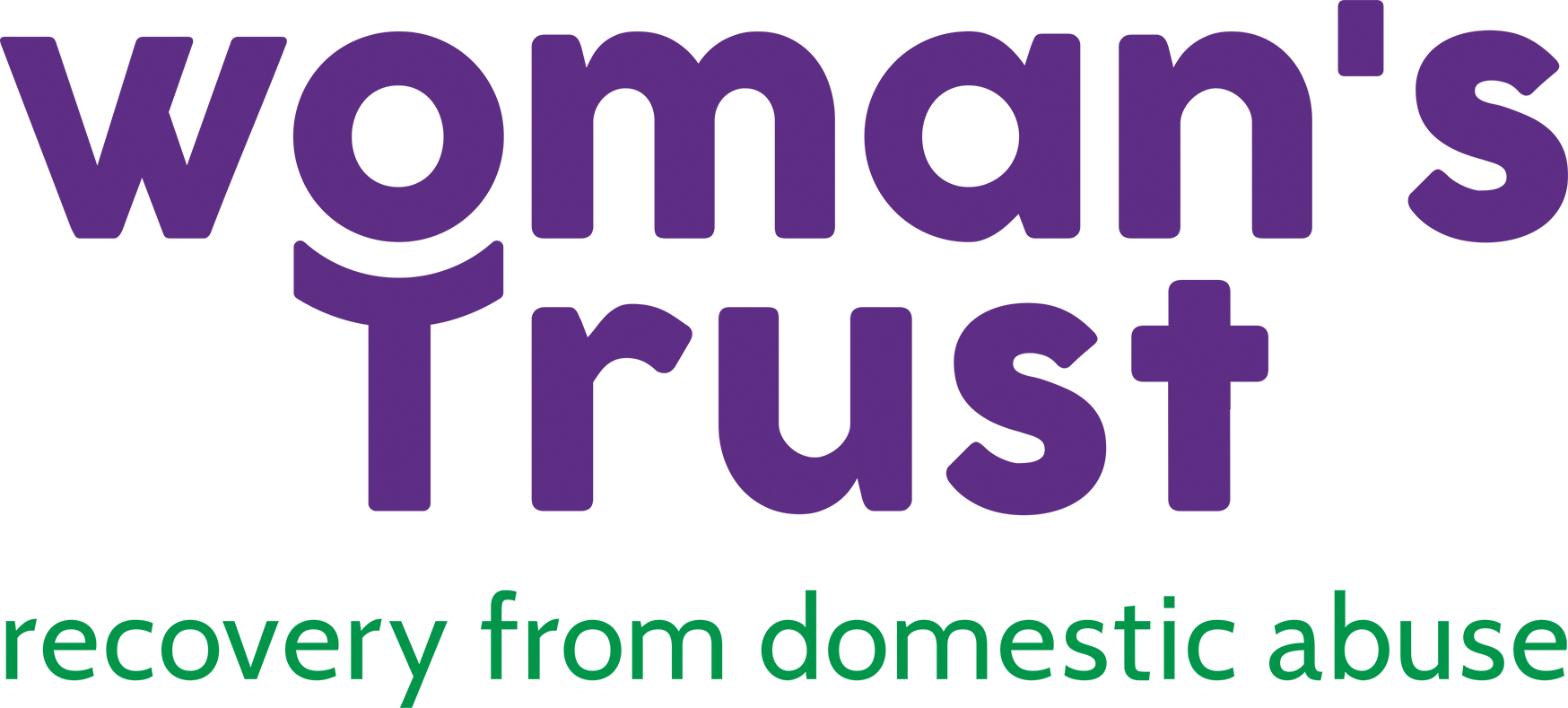We took our campaign to Westminster.
We met with Jess Phillips MP, Parliamentary Under-Secretary of State for Safeguarding and Violence Against Women and Girls – securing a vital opportunity to put survivors’ voices at the heart of Government.
Following the launch of our Living Without Hope campaign, backed by more than 100 partner organisations, our Chair, Niki Scordi, met with the MP to expose the critical gap in support for survivors.
Too many women are being left to cope alone – without the specialist, trauma-informed mental health support they urgently need. The consequences are devastating.
We made it clear: This cannot continue.
HALF of all women who approach the charity for essential mental health support after domestic abuse have to be turned away due to a dearth of Government spending – leaving vulnerable clients at risk of self-harm and suicide.
We’re calling on the Government to:
Make the mental health of women and children a central priority in the upcoming VAWG Strategy.
Commit £27.5 million per year for specialist, trauma-informed counselling and community-based support.
Jess Phillips listened. She recognised the scale of the crisis – and we will continue to work with her to make sure survivors’ needs are no longer ignored.
We’d welcome the opportunity to meet with Baroness Merron, Minister for Women’s Health and Mental Health, to continue this important conversation.
Niki said: “We spoke about what true recovery looks like and how this can be achieved, with support from the Government. We shared information about the major gaps in the current provision – particularly the urgent need for trauma-informed services, the access to counselling and the devastating impact on women who do not receive this support.
“We are grateful to Jess for listening, and her continued advocacy on behalf of women and girls. Our hope is that together, we can build a system that truly puts survivors first.”
The charity’s Living Without Hope report was shared with the MP, which brings together evidence, research and exposes gaps for support. It outlines that:
· Domestic abuse is a key driver of women’s mental ill health, self-harm and suicides.
· The lack of mental health support for domestic abuse survivors has devastating consequences.
· The response of statutory services, including mental health, remains inadequate and ineffective.
There is an economic case for a community-based mental health response, as there is a saving of up to £11 for every £1 invested in the health response for women (NHS Confederation, 2023), with significant benefits to her family and wider community.
Further, domestic abuse costs the UK economy billions annually – with 1 in 5 women taking time off work because of domestic abuse and 9 in 10 saying it affects their performance at work.
This meeting is a powerful step forward — but our fight continues.
Together with our 100+ partners, we won’t stop until every survivor gets the essential support they deserve.
See the report here
